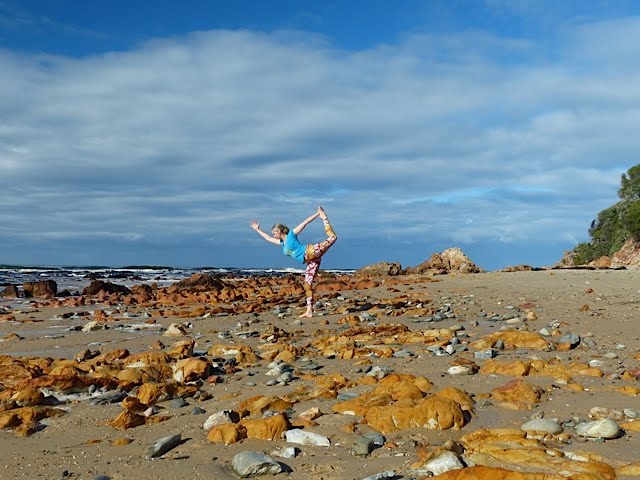Restorative Yoga Workshops
May 31st & June 21st both FULL
Stay tuned for Winter workshops....
May 31st & June 21st both FULL
Stay tuned for Winter workshops....
Habitual
rushing, multitasking, and
dealing with information overloads of modern life can have significant impacts on mind,
body and spirit for example, fatigue, insomnia, irregular
menstrual
cycles, indigestion, and unwelcome weight gain. Reducing
stress and mental over-activity is perhaps the most important element to assist us in moving towards wellness and health.
Restorative yoga is a therapeutic practice that gives us the opportunity each day to relax and renew.
Restorative yoga is a therapeutic practice that gives us the opportunity each day to relax and renew.
Autumn Restorative Yoga
May 31st, 2014
Settle
and soften into the deepness of the autumn season in
this healing afternoon beginning with gentle flowing movements followed by nourishing restorative yoga
(supported long held poses) and ending with the gentle, upright presence
of meditation. see more
Women's Restorative Yoga
June 21st, 2014
To defend ourselves against challenging physical and emotional times we draw inwards, rounding our shoulders and closing down our chest. This can happens before our monthly cycle when we want to climb into bed and pull the covers over your head, or during the transition through menopause as we surf the shifts in hormone levels. see more
Bookings essential as places are limited.
To book contact Margot Porter
prasannayoga@hotmail.com
Margot Porter is a Level 1 Registered Teacher with Yoga Australia.
Those with Private Health Insurance may be able to claim yoga classes on their insurance.














